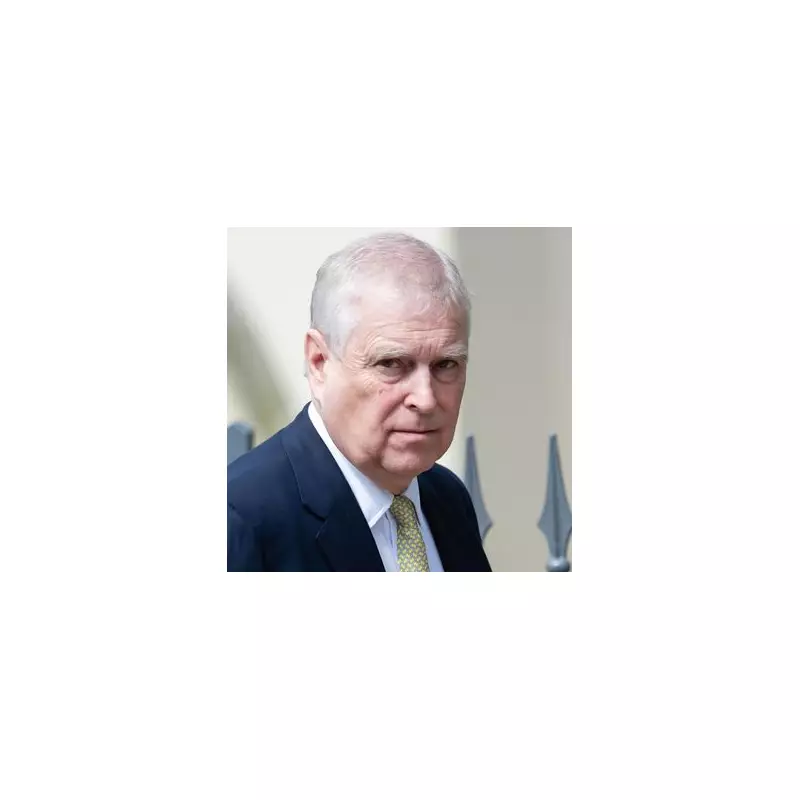
Buckingham Palace is facing fresh scrutiny after explosive financial documents revealed Prince Andrew's astonishingly low tax payments despite receiving millions in income.
The Royal Tax Revelation
According to newly uncovered records, the Duke of York paid a mere £13 in corporation tax through his former company, Bristoll Inc, during a period when he received substantial financial transfers. The documents paint a picture of complex financial arrangements that allowed the prince to minimise his tax obligations significantly.
Millions Received, Pennies Paid
Financial records show that between 2005 and 2009, Prince Andrew's company received payments totalling approximately £750,000. Despite this substantial income flowing through the company, the tax contributions to the Treasury were virtually non-existent.
The arrangement raises serious questions about:
- Royal financial transparency
- Tax fairness principles
- Public perception of the monarchy
- Financial oversight of royal family members
Offshore Connections
The investigation reveals that Bristoll Inc was registered in the British Virgin Islands, a known tax haven. This offshore registration allowed the company to operate with minimal tax obligations while facilitating substantial financial transfers to the prince.
Financial experts have expressed concern about the optics of a senior royal using such arrangements, particularly given the ongoing public debate about tax fairness and corporate responsibility.
Palace Response and Public Reaction
While Buckingham Palace has maintained that all of Prince Andrew's financial affairs are conducted properly and legally, the revelations have sparked outrage among taxpayers and transparency advocates.
The timing couldn't be worse for the royal family, coming amidst ongoing scrutiny of Prince Andrew's associations and the monarchy's efforts to modernise its image. Many are questioning whether current oversight of royal finances is adequate to maintain public trust.
Broader Implications
This latest financial controversy adds to the mounting challenges facing the royal household. As the institution works to maintain relevance in modern Britain, transparency around financial matters becomes increasingly crucial to public confidence in the monarchy.
The revelations about Prince Andrew's tax arrangements are likely to fuel ongoing debates about royal finances and whether the current system adequately ensures that all members of the royal family contribute their fair share to the public purse.





